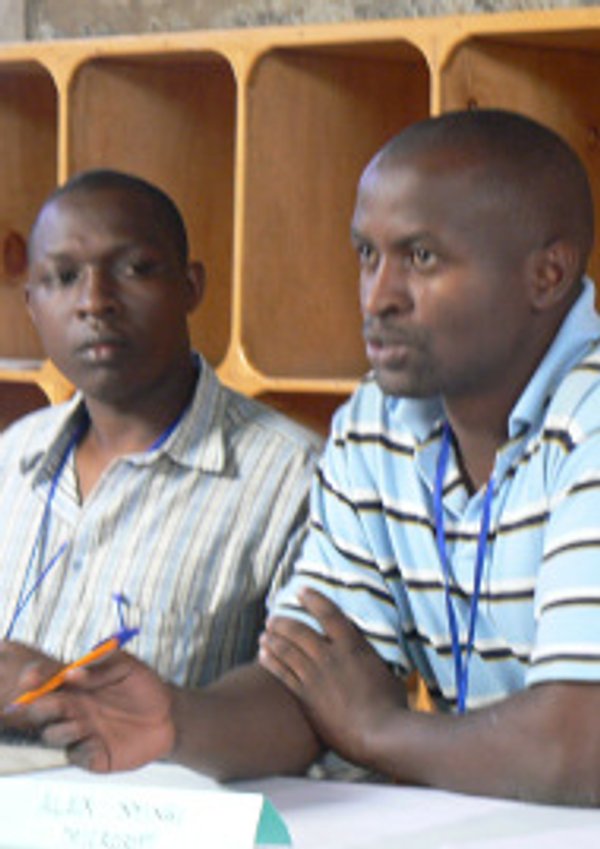The Strathmore Educational Trust is a charitable organisation that seeks to promote in Kenya a series of educational projects. After setting up Strathmore College in 1977, and Strathmore University in 2002, it now wishes to launch the Eastland Project.
Many small or middle size companies in Kenya do not attain any proper growth, and therefore do not manage to create jobs, because the directors do not have sufficient management skills, or lack technical knowledge.
Eastland Project aims at providing help in these two areas so that those firms increase their business and thus provide more work for others. As occurs with other similar initiatives, the promoters have been inspired by the teachings of Saint Josemaría on how to improve one’s own personal work and also benefit society.
In Kenya, the project is divided into four sections:
1) ISBI: Informal Sector Business Institute, which helps the managers of small businesses, by providing basic notions of management and computing.
2) The Youth Programme, which teaches young people how to look for jobs and provides formation on human values and technological ability.

3) Information Communication Technology, which encourages people with limited resources to learn simple computer technology.
4) EC: The Eastland Centre, an educational centre for children at elementary and middle school.
Apart from this,The Eastland Project is particularly interested in less able students, who often after having left school are not able to continue their formation.
ISBI
The first programme offers its students, managers of small businesses, some knowledge of accountancy, marketing, management, commercial English, as well as basic ideas on professional ethics and computing. At the end of the course, those who have taken part are asked to present a business plan and demonstrate that it will be sustainable.
Up till now more than 300 businessmen have followed this programme.
One of them is 29 years old Benjamin Omonde, unmarried, who for 7 years had been the manager of a recycling firm that provided work for three other persons. He owned 4 containers which were used to transport the waste material. His business has 33 clients, and earns around $500 a month. He has recently followed the ISBI course:
“The course has helped me in four things”, Benjamin said, “The relations with my customers has improved, I now publicise my firm, I am more punctual in my payment of debts, I keep my personal accounts separately from my business accounts. Since I started doing this the number of customers has increased by 25%.”
The Youth Programme

Having started in May 2007, this programme has attracted 50 young people. With 170 hours of lessons they learn the basic elements of computing (110 hours), human values (40) and technological ability (20). At the end of the course every student makes a business plan, and writes down his curriculum vitae. All the students spend a period of professional practice in some firm.
The Information and Communication Technology Programme
Since the year 2006 more than 2,500 persons with limited resources have taken part in this programme which requires a total attendance of 90 hours. Sponsored by Microsoft Corporation, which has provided the software and some teachers, the students have acquired basic computer skills which will help them to enter more easily into the job market.
The Eastland Centre
Finally, with the fourth strand of this project, more than 350 students from Nairobi come to this centre of the “Eastland Project” to receive help with their studies. They learn how to get a better grasp of their subjects, and are able to solve their doubts and queries monitored by voluntary workers. They are also tutored on the development of their character.

The organisers know very well that as the young men progress in their studies they are also improving their chances of getting on better in life. Their better results at school are reflected in their better behaviour at home, their greater honesty in dealing with their friends, etc.
The Future of the “Eastland Project”
The organisers are collecting funds to build the Eastland College of Technology, a building that will be able to provide for the four projects mentioned above.
